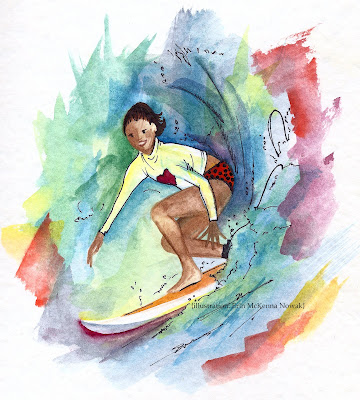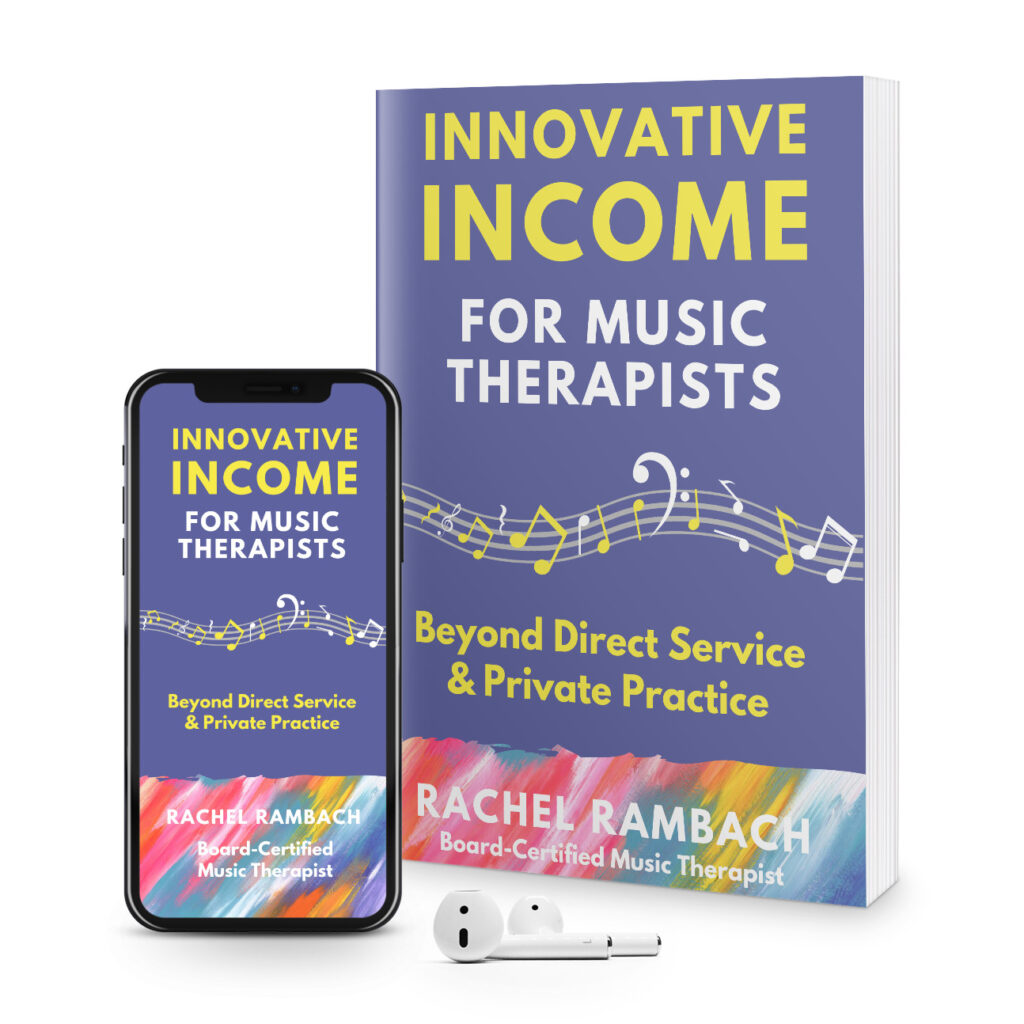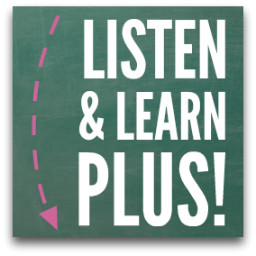by Rachel | Uncategorized

With all of the allergens floating through the air and the bipolar weather we’ve been experiencing here in Illinois, I’ve heard a lot of “achoo-ing” going on lately.
So much of it, in fact, that it inspired my latest song. You know how much my students and I love a song that starts out slow and speeds up as it goes along (as evidenced here and here) and that is exactly what my newest song does, too:
When you feel a little tickle in your nose,
Then you know how the next part goes:
You shut your eyes tight,
Cover your face just right,
And then you have to sneeze!
Achoo, achoo!
Excuse me, and bless you!
Achoo, achoo!
I sneezed, and you did, too!
{Repeat, speeding up each time}
Even some of my not-so-verbal students are saying “achoo!” right along with me, and it’s so much fun to hear them keep up with me as the song speeds up. I’ve been having them play egg shakers and chiquitas, since the “ch” sound they make fits perfectly.
Oh, and speaking of songs about sneezing, please check out the song “Spring Fever” by Mr. Heath. It’s a staple at our annual spring singalongs. Do you know any other tunes that celebrate the joy (ha!) of spring allergies?
by Rachel | Uncategorized

Each morning as I decide what to wear, a few thoughts go through my head: what’s the weather like? Do I have any floor groups today? Am I going to be lugging instruments and equipment around?
As a music therapist, my job duties and work environment changes on a daily basis depending on which clients I’m seeing and in which setting I’ll be seeing them. I spend most days in multiple settings, going straight from my job at a school (where I need to adhere to a certain dress code) to my private practice (where I can keep my outfit a little more casual). So the key is finding a good balance.
There is a list of rules I follow during the school year that make getting dressed a little easier, no matter what I’ll be doing on any given day. Here are some things I stay away from:
- open-toed shoes
- uncomfortable heels
- short skirts
- shirts that are too short
- pants that are too low
- sleeves that don’t let me lift my arms easily
- overstated jewelry
In other words, I pretty much stick to the basics. My wardrobe feels pretty boring at times, but it’s better than being uncomfortable!
In the summer I can be a little more lax, since I work mainly in my home studio and don’t have to do any hauling or walking around. I still need to look professional enough, but I want my students and parents (who most often are dressed down during the warmer months) to feel comfortable and “at home” in my studio.
There’s so much more you have to take into consideration when you spend your days with children. What rules — whether your own or a strict dress code — do you follow when you get dressed for work?
by Rachel | Uncategorized

I came down with laryngitis for the first time as an 11-year-old in the 6th grade. Little did I know that it would be the first of many, many cases that would disrupt auditions, performances, competitions, and eventually, work responsibilities.
As someone who makes her living as a music therapist, studio teacher, and occasional performer, my voice is my livelihood. I’m a one-woman show, and I don’t have a substitute therapist or teacher I can call in when my voice goes MIA. Needless to say, that old phrase “the show must go on” resonates deeply with me.
Take this afternoon, for instance. I’m scheduled to lead an early childhood music class that is open to the public; not everyone who might attend is on the email list. So I have no choice but to show up and do the best I can to provide an enriching musical experience for those families.
I’ve done it many times before, both in this setting and in others, and there are a few techniques I rely on to avoid a total FAIL of a class or music therapy session.
- Many of my students love to perform for each other, and this is the perfect time to let them have an impromptu talent show.
- Lead movement-based activities that rely on imitation rather than verbal instruction.
- Sign along to meaningful recorded music and have students follow.
- Let students take turns leading musical activities or interventions.
- Pass out percussion instruments and have a drum circle.
- Use color-coded lyric sheets to lead handbell playing.
- Student-facilitated songwriting and lyric analysis. They talk, I write and/or play.
And the one big no-no: DO NOT FORCE YOUR VOICE. That sentence deserves capital letters. I used to do it all the time despite warnings from my doctor, but I know now that it’s just not worth it in the long run. Besides, there are lots of different ways to make music beyond singing. What can you add to my list?
(A final note — as much as I love MacGyver-ing my way through life as a music therapist with laryngitis, I really like to sing and would very much appreciate good vibes sent my way for a speedy recovery!)
by Rachel | Uncategorized
2010 has been a very good year so far, as far as my work is concerned. Maybe even a little too good! What I mean is that since January, I have been inundated with exciting opportunities, new projects, and the addition of several students to my private practice/studio. While those are all very positive things, and I am extremely grateful for them, I’ve been just a little stressed! Understandable, right? Juggling so many responsibilities sometimes feels like I’m surfing a tidal wave, just barely staying above water.
So here’s the question: how do you get off that tidal wave and back to solid ground? As a parent, teacher, therapist, or pretty much anyone else with a life and responsibilities, you’ve probably found yourself faced with that very question. I want to share a few of the things that have helped me through this most current wave of stress.
- Get organized. I’ve learned that if I don’t take control of the things that stress me out, they just swirl around in my head and cause even more stress. David Allen’s best-selling book Getting Things Done: The Art of Stress-Free Productivity
 was almost life-changing, in that it taught me new but simple ways to organize my life and work to cut out a lot of that free-floating stress.
was almost life-changing, in that it taught me new but simple ways to organize my life and work to cut out a lot of that free-floating stress.
- Identify the next step, then take it. I know all too well that looking at the “big picture” of a project can be really scary. Instead, I break the project down into tasks that can be completed and marked off the list. That way, I can see my progress as the project moves toward completion.
- Reward yourself. It doesn’t have to be anything elaborate; something as simple as a lunch break could serve as your reward for finishing a task on your to-do list. Last summer when I was working on music for the Model Me Kids: Faces & Emotions DVD, I would sit down at my desk around 6:00 am to begin. Each song took several hours to write, record, and edit, so every time I completed one, I allowed myself to spend some time unwinding (usually with a snack while watching television or taking my dog for a walk). I looked forward to that downtime, which gave me extra motivation to complete my work.
- Regain your confidence. This is especially important when you are facing new challenges and unchartered water. I have taken on several new roles this year, and at the beginning, I questioned whether I could really handle each of them. Constantly questioning my abilities was really stressing me out, until I realized something: I wouldn’t have these roles unless I was capable of them. Others put their trust in me, so why shouldn’t I trust myself?
- Imagine the outcome. With each project and task that you undertake, you most likely have an end goal in mind. Picture your life once you have completed each one; how you will feel, what you will do with the extra time. Sometimes that is all the motivation I need to get through a particularly difficult item on my list!
Now I am off to apply some of these very techniques as I tackle the rest of my day. Here’s to a productive, stress-free and enjoyable afternoon. (Oh, and if you have any items to add to the list, please share them in the comments section!)
by Rachel | Uncategorized
I know I’m not alone in the fact that I am constantly forgetting this, and then being reminded of it every so often. Those of us in the music therapy or education field, particularly those who work with children, are so focused on how music can help our students and clients that we often lose sight of music’s role in our own lives. Most of us probably went into our profession because we were positively affected by the presence of music in our lives, and wanted to share that with others. At least, I know this was the case for me. Yet very rarely do I take the time now to listen to or write music for myself.
Very recently, I experienced one of those aforementioned “reminders”. I’ve really liked Ingrid Michaelson, an indie singer-songwriter, ever since her song “The Way I Am” was made famous in an Old Navy commercial (if you are chilly, here, take my sweater…). I checked out some of her other songs, but sort of forgot about her until recently, when her album Everybody was released. I purchased it on iTunes, and burned it to a CD so that I could listen to it in the car.
Well that was two weeks ago, and I haven’t stopped listening. I really identify with several songs on the CD, particularly the title track. It’s usually the last song I listen to before I get to school, and today I realized how refreshed I felt, how inspired, just by hearing that song. It was a familiar feeling; I’m easily moved by music when I actually take the time to listen. But that is the key – taking the time to really listen, and discover which music is a positive influence on our lives, our work, our sanity.
It’s hard to take off my music therapy hat. In fact, I think it’s glued to my head! After I finish my last session or lesson of the night, I think to myself, “What song could I write to help Susie with (insert goal here)?”. A blessing that I love my job so much, but at the same time, a curse that I have a difficult time walking away from it, separating the “music” from “music therapy” every once in a while.
What music do you listen to for yourself? I’m very interested in hearing about the musical outlets that you seek outside the realm of therapy, education, and parenting, so please share.







